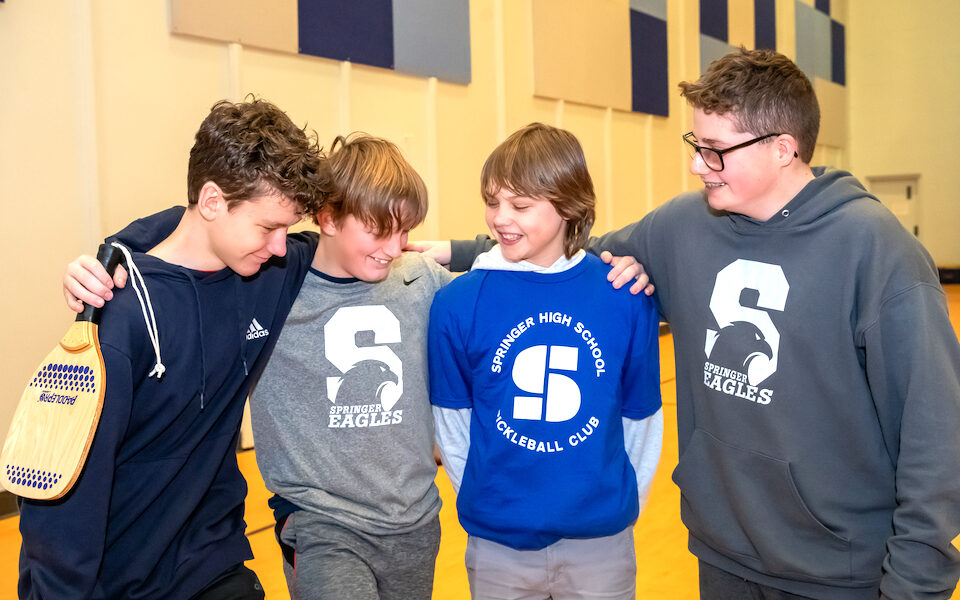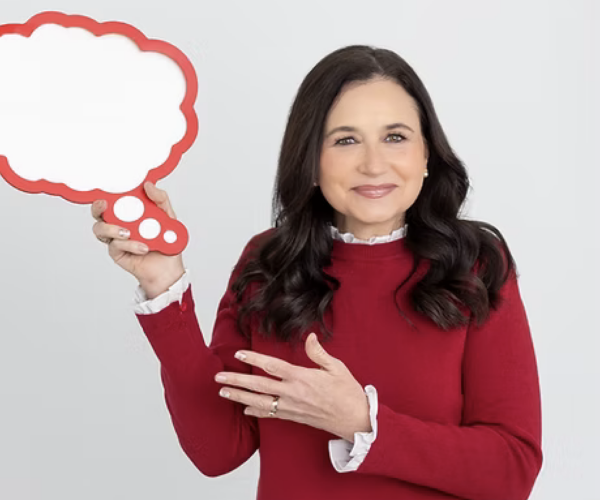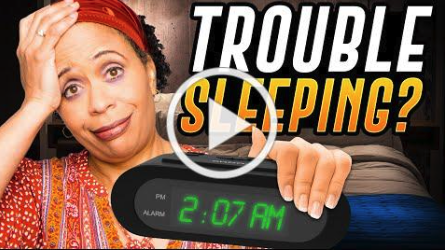
ADHD Routines for Success
February 29, 2024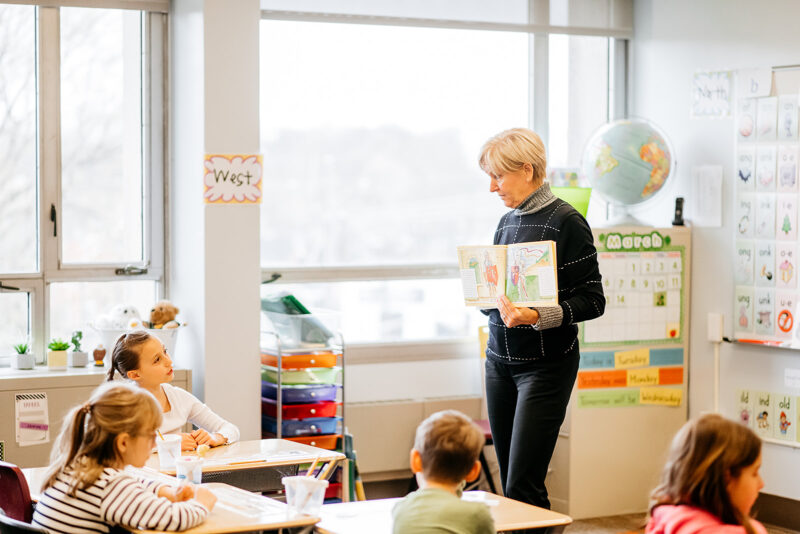
Does my child need an educational evaluation?
March 8, 2024To fully grasp the value of social-emotional learning, it's helpful to dig deeper into what the words Social and Emotional refer to in this context.
Social refers to understanding that our interactions impact others. Teachable social-skills that improve peer-to-peer interactions include the abilities to
- initiate interactions,
- have empathy and understand what others are feeling,
- create deeper connections, and
- problem-solve when there is conflict in a social situation.
Emotional refers to identifying our emotions as well as understanding the connection between our emotions, physical reactions, and our thoughts and behaviors.
Learning to identify emotions comes first. When a young person can identify their emotions, we then help them find tools to self-regulate. The ability to self-regulate clears the path for students to engage the executive part of their brain and problem-solve.
Executive functioning, or planning and organizing, relates to academics in a clear-cut way. What is less obvious is that we utilize executive function skills in every part of our lives—including in social and emotional spaces.
Think about a simple task like making a new friend.
Our young person needs to be able to
- plan out how to approach a peer
- organize what questions they can ask to get to know them
- focus on what they are saying,
- remember those responses, and
- use their memory of the responses to reply with deeper, more meaningful questions.
Then our young person needs to save all of that information in their mind, bring it to the next interaction, and utilize it to create additional meaningful interactions.
When we break down all of these steps, its easier to see why the seemingly simple act of "making a new friend" can be difficult for those with ADHD and LD. And, when emotions are involved, the task becomes even more difficult.
Students with LD and ADHD struggle with impulsivity, hyperactivity, and retaining and processing information. All of these are negatively impacted when the brain's emotion-based response system (amygdala) gets involved. An engaged amygdala makes it harder to control reactions and to recall problem-solving strategies that have been learned. Ultimately it makes it very difficult to avoid reacting inappropriately in moments of emotion (anger, sadness, fear).
Having a toolbox of social-emotional skills reduces obstacles presented by impulsivity, processing and other deficits. This creates an environment where academics can be the focus, even when learning new and challenging content.
At Springer, social-emotional learning is woven into the fabric the program in several ways, at the classroom level, in smaller groups, and one-to-one with qualified educators.
Whole-Group Learning in classrooms of 15 or fewer
We utilize community-building tools every morning, during our Responsive Classroom time and at the end of each day. These whole-group learnings are an opportunity for students to share their thoughts and feelings and get to know their peers (asking follow-up questions). Springer also utilizes calming and community-building strategies in "brain breaks", which are small one-minute exercises throughout the day.
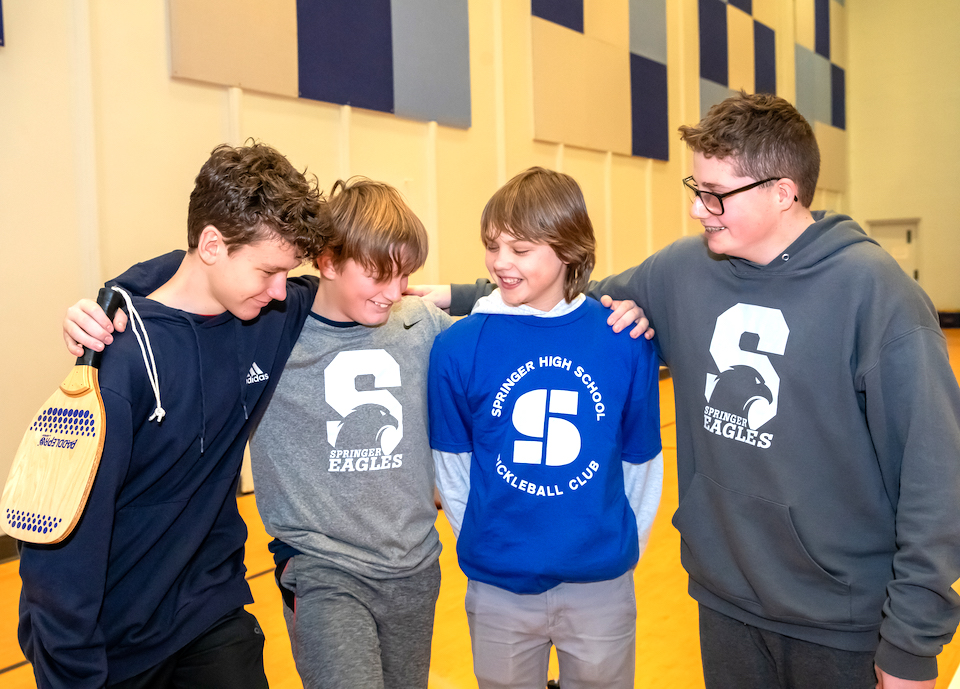
Small-Group Learning
Springer offers friendship-making groups throughout the year to students who are identified as needing further assistance in social interactions. In these groups, students work together to build connections within the group as well as learn skills to build connections outside of the group. This group is run by our psychological services team and utilizes multisensory play techniques to build on topics of Empathy, Reflective Listening, Follow up Questions, Conflict Resolution, and Emotion Regulation.
1:1 Learning
Springer’s psychological services works with some students individually to help them with their specific social emotional needs. The team can understand what works for an individual student, build on their natural strengths to help create tools with Self Esteem, Positive Cognitions, Perseverance, Feeling Communication, Advocating, Emotion Regulation and more.
One favored tool at Springer is the strategy page. Just as we have strategy pages to assist students in math and to organize writing, our psych services team creates strategy pages to help students reduce their worries and increase their self-worth.
Our student support team is also prepared to engage with our young people in moments of need. When emotions are high, a support team member comes into the classroom or provides a space for the student to go to process a conflict or emotion and get immediate support to help them come back to a calming state and re-enter into the class successfully. We never want our students to be alone in distress, not knowing what to do.
Being a person with ADHD and LD means having a brain that functions in an amazing and different way. Springer celebrates that difference and has a wrap-around approach that looks at a student’s wellbeing, not just their academics or scores on a test.
Guest Blogger Rachel Eccles is a Licensed Professional Clinical Counselor with Supervision Designation. She is a Counselor and Student Life Coordinator at Springer School and Center. She also offers counseling as part of Springer’s Therapy & Tutoring services.

